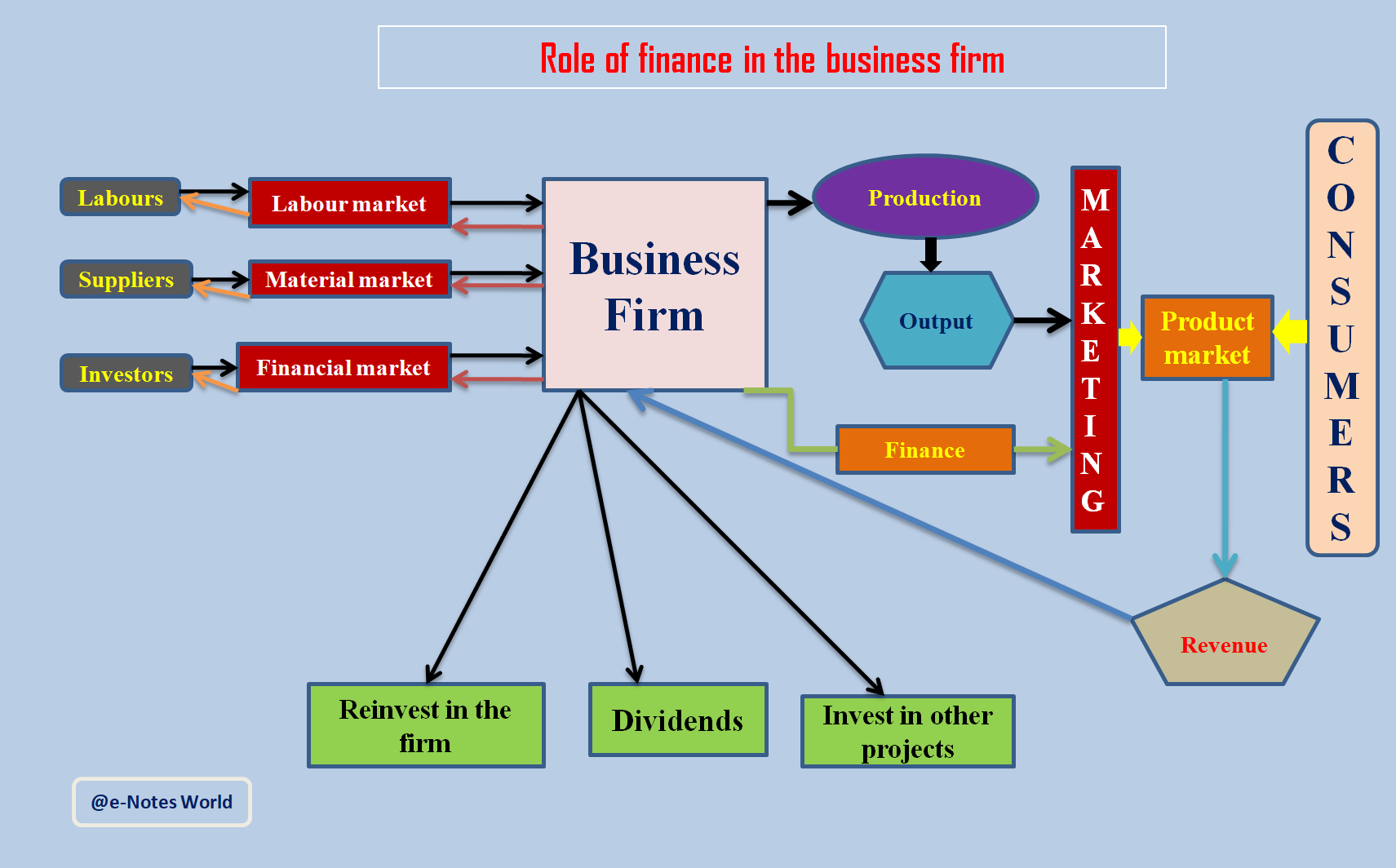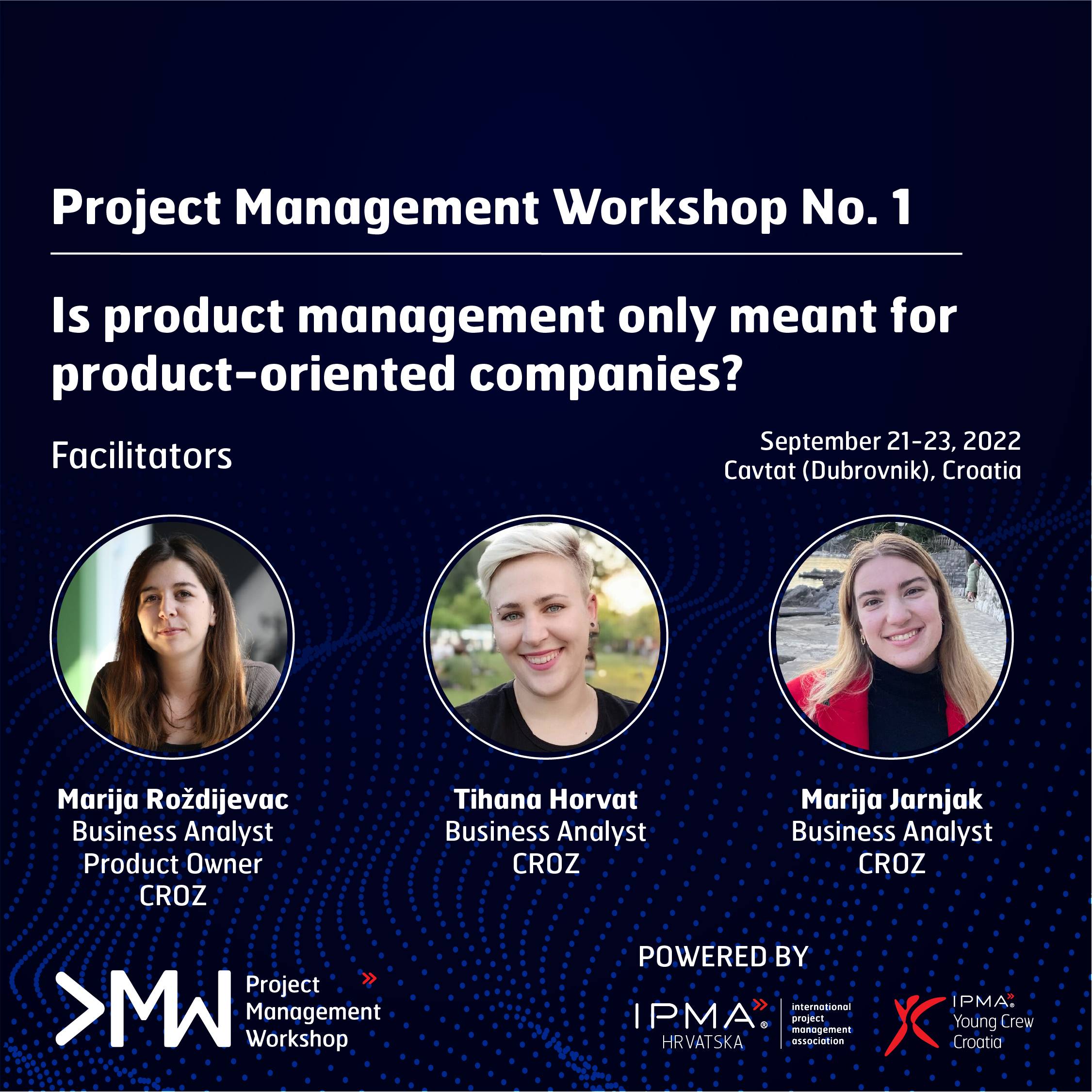
These time management games can be addictive and fun. There are many great titles available, but these three are the most popular: Cake Mania (Overcooked), Diner Dash Adventures (Diner Dash Adventures), and Cake Mania (Cake Mania). We've included Delicious – Emily’s True Love, an award-winning title, in our list.
Cake Mania
If you're looking for a time management game that combines strategy and action, Cake Mania is the perfect choice. This game lets you take on the role of a chef as you work to fulfill orders from different customers. Your goal is to satisfy as many customers and not go crazy with your baking. The game combines strategy and action in a way that is easy to grasp.
If you're a fan of time management games and love baking, then Cake Mania is a great choice. You can combine your passion for cooking and baking to earn cash. The game features several fun features, including in-game upgrades and unlocking new features. Cake Mania also is available online.
Overcooked
Overcooked is a fun restaurant management game. Your task is to prepare and serve orders in a given time. This is a great game for anyone who wants to work in an organized team. This game includes several cooking recipes and a multiplayer mode.

Ghost Town Games created Overcooked, a cooking simulator video game. It was released on August 16, 2016 for the PlayStation 4 and Xbox One. Later, the game was released on Nintendo Switch and PlayStation 5. It goes far beyond traditional simulation games. Overcooked asks players to work together to determine the best time to use each pot and avoid any burning.
Diner Dash Adventures
Diner Dash Adventures combines strategy and fun in a free-to play time management game. It offers hundreds of levels and boosts, as well as puzzles and mini-games. You will be managing a diner and must work efficiently to complete all of them. To improve the appearance and performance of your diner, you can upgrade it.
Diner Dash Adventures has no cost to download or play. However, you can purchase real currency to buy in-game boosts, energy, and items. Some of these items automatically start when you start a level. But you can also turn them off at any time. This will allow you to prevent the game from spending your money without permission.
Delicious - Emily's True Love
Delicious - Emily's True Love - A delightful time management game that can keep players engaged for hours. It has a cute, endearing graphics design and a great storyline. The game comes with three difficulty levels that allow players to customize the game to their liking. You can master many tasks and unlock trophies in this game. The game includes a fantastic upgrade system for your restaurant.
One of the biggest improvements in Delicious - Emily's True Love is its improved upgrade system. Premium Edition allows you to choose between increasing tips and increasing customer patient. These upgrades help you to lure bonus customers at every level.

Roads of Rome
New Generation is the latest installment in the Roads of Rome time management series, and it features a healthy difficulty curve to prevent players from becoming frustrated. In this time management game, players are tasked with rebuilding the Roman Empire's infrastructure after a devastating earthquake and tidal wave. You will need to travel across the Roman Empire and fix various roads.
New Generation is another excellent installment in the Roads of Rome series. The game takes place in ancient Rome where you play the role of Marcus Victorious, the emperor, and are tasked to rebuild the city. New Generation has 40 levels and four game modes.
FAQ
What are the key management skills?
Business owners need to have management skills, no matter how small or large they may be. These include the ability and willingness to manage people, finances as well resources, time and space.
When you need to manage people, set goals, lead teams, motivate them, solve problems, develop policies and procedures and manage change, management skills are essential.
As you can see, there's no end to the list of managerial duties!
What are the main four functions of management
Management is responsible for organizing, managing, directing and controlling people, resources, and other activities. It includes the development of policies and procedures as well as setting goals.
Management aids an organization in reaching its goals by providing direction and coordination, control, leadership motivation, supervision, training, evaluation, and leadership.
The following are the four core functions of management
Planning - This is the process of deciding what should be done.
Organizing is the act of deciding how things should go.
Directing - This refers to getting people follow instructions.
Controlling – This refers to ensuring that tasks are carried out according to plan.
How do we create a company culture that is productive?
A positive company culture creates a sense of belonging and respect in its people.
It's built on three fundamental principles:
-
Everybody has something of value to share
-
People are treated with respect
-
Respect is shared between individuals and groups
These values are evident in the way that people act. They will treat others with respect and kindness.
They will respect other people's opinions.
They can also be a source of inspiration for others.
A company culture encourages collaboration and communication.
People feel comfortable expressing their opinions freely without fear of reprisal.
They are aware that mistakes can be accepted if they are treated honestly.
Finally, the company culture promotes honesty and integrity.
Everyone understands that the truth is always best.
Everyone understands there are rules that they must follow.
People don't expect special treatment or favors.
What is Six Sigma and how can it help you?
It's a method for quality improvement that focuses on customer service as well as continuous learning. It is a method that eliminates defects using statistical techniques.
Six Sigma was developed at Motorola in 1986 as part of its efforts to improve manufacturing processes.
It was quickly adopted by the industry and many companies are now using six-sigma to improve product design, production, delivery, customer service, and product design.
What does the term "project management” mean?
We mean managing the activities involved in carrying out a project.
We help you define the scope of your project, identify the requirements, prepare the budget, organize the team, plan the work, monitor progress and evaluate the results before closing down the project.
Statistics
- The profession is expected to grow 7% by 2028, a bit faster than the national average. (wgu.edu)
- The average salary for financial advisors in 2021 is around $60,000 per year, with the top 10% of the profession making more than $111,000 per year. (wgu.edu)
- Your choice in Step 5 may very likely be the same or similar to the alternative you placed at the top of your list at the end of Step 4. (umassd.edu)
- UpCounsel accepts only the top 5 percent of lawyers on its site. (upcounsel.com)
- This field is expected to grow about 7% by 2028, a bit faster than the national average for job growth. (wgu.edu)
External Links
How To
How can you create a Quality Management Plan, (QMP)?
QMP, which was introduced by ISO 9001:2008, is a systematic approach to improving products, services, and processes through continuous improvement. It provides a systematic approach to improving processes, products and customer satisfaction by continuously measuring, analysing, controlling, controlling, and improving them.
QMP is a standard way to improve business performance. QMP is a standard method that improves the production process, service delivery, customer relationship, and overall business performance. QMPs should encompass all three components - Products and Services, as well as Processes. A "Process" QMP is one that only includes one aspect. The QMP that focuses on a Product/Service is called a "Product." QMP. The QMP that focuses on customer relationships is known as the "Customer" QMP.
Scope, Strategy and the Implementation of a QMP are the two major elements. They are defined as follows:
Scope: This describes the scope and duration for the QMP. For example, if your organization wants to implement a QMP for six months, this scope will define the activities performed during the first six months.
Strategy: This is the description of the steps taken to achieve goals.
A typical QMP has five phases: Planning (Design, Development), Implementation (Implementation), and Maintenance. Below is a description of each phase:
Planning: In this stage the QMP's objectives and priorities are established. All stakeholders involved in the project are consulted to understand their requirements and expectations. After identifying the objectives, priorities, and stakeholder involvement, the next step is to develop the strategy for achieving these objectives.
Design: The design stage involves the development of vision, mission strategies, tactics, and strategies that will allow for successful implementation. These strategies are then put into practice by creating detailed plans.
Development: The development team is responsible for building the resources and capabilities necessary to implement the QMP effectively.
Implementation: This refers to the actual implementation or the use of the strategies planned.
Maintenance: It is an ongoing process that maintains the QMP over time.
Additionally, the QMP should include additional items:
Stakeholder involvement is important for the QMP's success. They should be involved in planning, design, development and implementation of the QMP.
Project Initiation. It is important to understand the problem and the solution in order to initiate any project. The initiator must know the reason they are doing something and the expected outcome.
Time Frame: This is a critical aspect of the QMP. The simplest version can be used if the QMP is only being implemented for a short time. If you are looking for a longer-term commitment, however, you might need more complex versions.
Cost Estimation: Cost estimation is another vital component of the QMP. Planning is not possible without knowing the amount of money you will spend. The QMP should be cost-estimated before it can begin.
QMPs should not be considered a static document. It changes as the company grows. It should be reviewed regularly to ensure that it meets current needs.